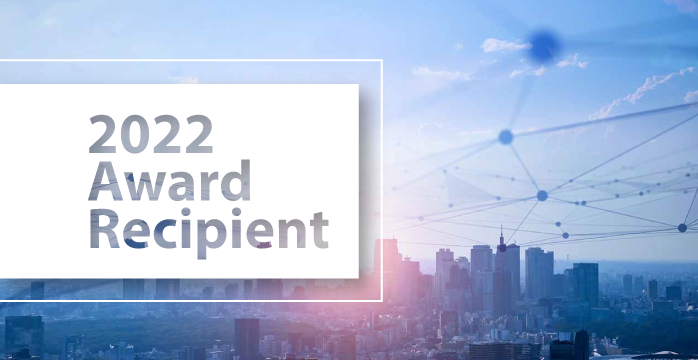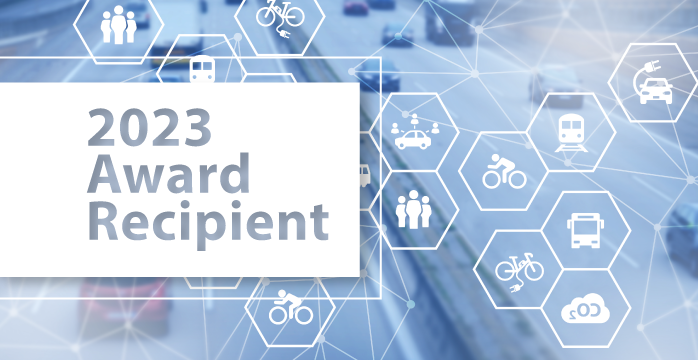Emergent public policies will strengthen the market, finds Frost & Sullivan’s Digital Transformation team
SAO PAULO, Brazil – July 13, 2017 – Ubiquitous connectivity and the growth of Internet of Things (IoT) are accelerating industrial IoT (IIoT) revenue growth in Latin America. Although in its early stages of growth, the IIoT ecosystem in Brazil will be fuelled by the National Bank for Economic and Social Development’s (BNDES) December 2016 annouwhen ncement regarding a study to formulate and implement public policies for IoT between 2017 and 2022. Still a fragmented space, IoT in manufacturing, transportation, smart cities, healthcare, and other verticals in Brazil will require entities from adjacent markets to work together to deliver end-to-end solutions.
“Healthcare and smart cities are expected to have the highest growth in the forthcoming years, while automotive and manufacturingwill gain maturity by 2021,” said Digital Transformation Senior Industry Analyst Maiara Munhoz. “Collaborating to deliver these services represents a robust opportunity for vendors, integrators, and service providers offering IoT wireless or fixed two-way communication technologies.”
Brazilian Industrial Internet of Things Market, Forecast to 2021, a part of Frost & Sullivan’s IT Services & Applications Growth Partnership Service program, details growth opportunities and IoT business cases from several primary verticals. In addition to market drivers and restraints, the study offers insights regarding trends that will affect market participants, such as Ericsson, Cisco, PromonLogicalis, IBM, Telefonica, GE, and Dell, over the forecast period.
For more information on this analysis, please contact Francesca Valente, Corporate Communications:[email protected]
The Brazilian IIoT market is expected to reach revenues of $3.29 billion by 2021. Factors fuelling this growth include:
- Strong Innovation and Demand: More products and services will be fitted for IoT, such as vehicle telematics in trucks, product-tracking alerts in truck containers, self-reporting vending machines that inform distribution, user-based car insurance, and real-time traffic information to global positioning system (GPS) devices.
- Development of Enabling Technologies: These include small and powerful low-cost sensors; high-bandwidth, reliable and secure networks; Big Data and analytics solutions; data handling and management platforms; monitoring and network management; and tracking applications.
- Expansion and Shift to Product-as-a-service: IoT permits expansion of the product-as-a-service model, as opposed to the traditional “sell and forget” approach. It strengthens the model by providing richer information, improved service, and, ultimately, greater value.
- Rise of Cloud: Cloud platforms shorten application development and lifecycle management of new IoT applications by providing access to a standard set of published interfaces or application programming interfaces (APIs).
Security, lack of regulations, limited end-to-end solutions as well as interoperability will be key challenges in this market. Embedding ubiquitous sensing and communication technology into machines and everyday objects can create the means to cripple entire process manufacturing plants or hack into personal medical devices. Creating common standards and protocols to govern cross-platform integration in complex and multiple IIoT service implementation sites, and developing coherent and customized solutions will take time, limiting or slowing the adoption of initial IoT deployments.
“Vendors can play a key role in addressing these challenges; they can assist organizations in managing the complexities of connecting to a seemingly unlimited number of devices, effectively integrate IoT data with data from other sources, and cover data access issues to encourage more companies to craft an IoT strategy,” observed Munhoz. “Similarly, telcos should consider investing in core enabling technologies, ecosystem partnerships, and acquisitions to bolster IoT expansion.”
About Frost & Sullivan
Frost & Sullivan, the Growth Partnership Company, works in collaboration with clients to leverage visionary innovation that addresses the global challenges and related growth opportunities that will make or break today’s market participants. For more than 50 years, we have been developing growth strategies for the global 1000, emerging businesses, the public sector and the investment community. Contact us: Start the discussion
Brazilian Industrial Internet of Things Market, Forecast to 2021
K137-72
Contact:
Francesca Valente
Corporate Communications – Latin America
P: +54 11 4777 5300
F: +54 11 4777 5300




